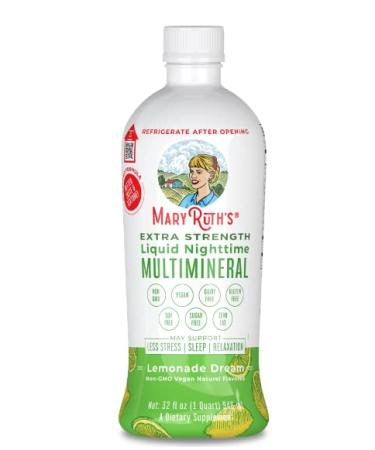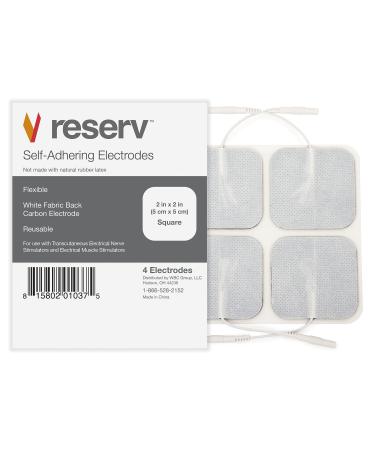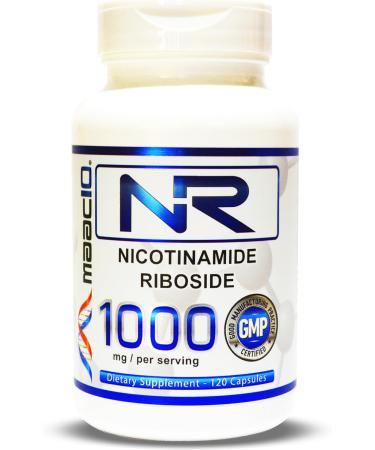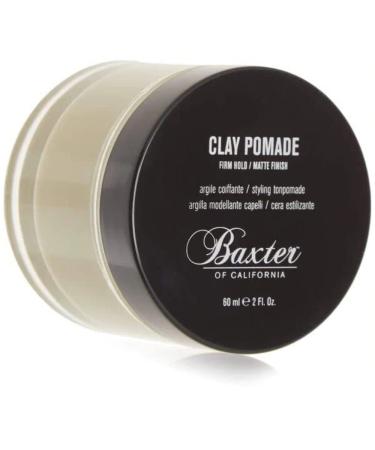Is it suitable for babies?
According to experts, bees may unknowingly ingest botulism bacteria spores while collecting nectar to make honey.
Consuming this honey is not a problem for adults. Neither the body's immune system nor the acidic environment of the stomach allow this bacteria to cause harm. In babies, the immune system is not fully developed, and the stomach is still only able to digest breast milk. Unlike adults, the beneficial bacteria that control botulism spores and prevent the bacteria from multiplying and producing toxins in babies' digestive systems have not yet developed.
This bacteria can cause a dangerous form of poisoning called botulism in babies. Affected babies may experience difficulty breathing and swallowing, and weakness in the arms, legs, and neck may occur, leading to very serious consequences.
While honey is harmless to children over one year old, doctors recommend against feeding honey to babies under 12 months of age for these reasons.
Is it suitable for children?
. Honey, which contains many vital substances such as vitamins, minerals, amino acids, and enzymes, is essential for children's nutrition because it facilitates digestion, stimulates appetite, and helps the body recover from developmental disorders.
Due to its high mineral content, honey contributes particularly to iron deficiency in children. The magnesium contained in honey prevents blood clots in the veins and protects against the negative effects of stress.
It helps children maintain their alertness and concentration during school years. It is a high-capacity energy source. It both nourishes their restless sweet tooth healthily and provides them with energy. Considering how much children love sweets, and even their passion for them, honey's nutritional value makes it arguably the most beneficial and high-quality dessert for children.
It also helps prevent constipation in all age groups due to its beneficial effects on intestinal microflora.
It's a known fact that honey strengthens the immune system. Children, who constantly interact with each other, especially in schools and daycare centers, often get sick and contract germs from their friends. In environments with a high risk of infection, the most effective and healthy way to protect children from illnesses, germs, and viruses is to keep their immune systems strong. It's also known to have a positive effect on the healing of wounds and inflammations, which are common in children.
Studies have shown that children who consume honey experience better growth and development.
The sweetness of honey and the softening properties of milk help you start the day feeling refreshed and feel full.
Using honey instead of sugar to sweeten milk is beneficial because it makes it easier for children to consume both honey and milk. It's a known fact that giving children milk with honey instead of milk alone helps prevent anemia and constipation and improves digestion.
Raw honey is natural honey offered for consumption as it comes from the hive it has not been pasteurized or filtered. Pasteurization, the process of heating honey to high temperatures, is not actually a necessary process. The reason for this is to prevent honey from crystallizing. However, honey crystallization is natural and does not need to be prevented.
Pasteurization reduces some enzymes and valuable phenolic and flavonoid components in honey filtration reduces pollen content in honey.
Because our honey is not pasteurized or filtered, its nutritional content is preserved in all its natural form.
One point should be emphasized: Since raw honey is not heated to high temperatures and its pollen is not filtered, crystallization can occur naturally. Crystallization is a completely natural phenomenon. There is no harm in consuming crystallized honey.
Since there's no problem with the nectar flow, no supplemental feeding is required. Only enough honey remains to harvest nectar in December and January. Therefore, there's no need to feed it to maintain its energy levels throughout the winter.













